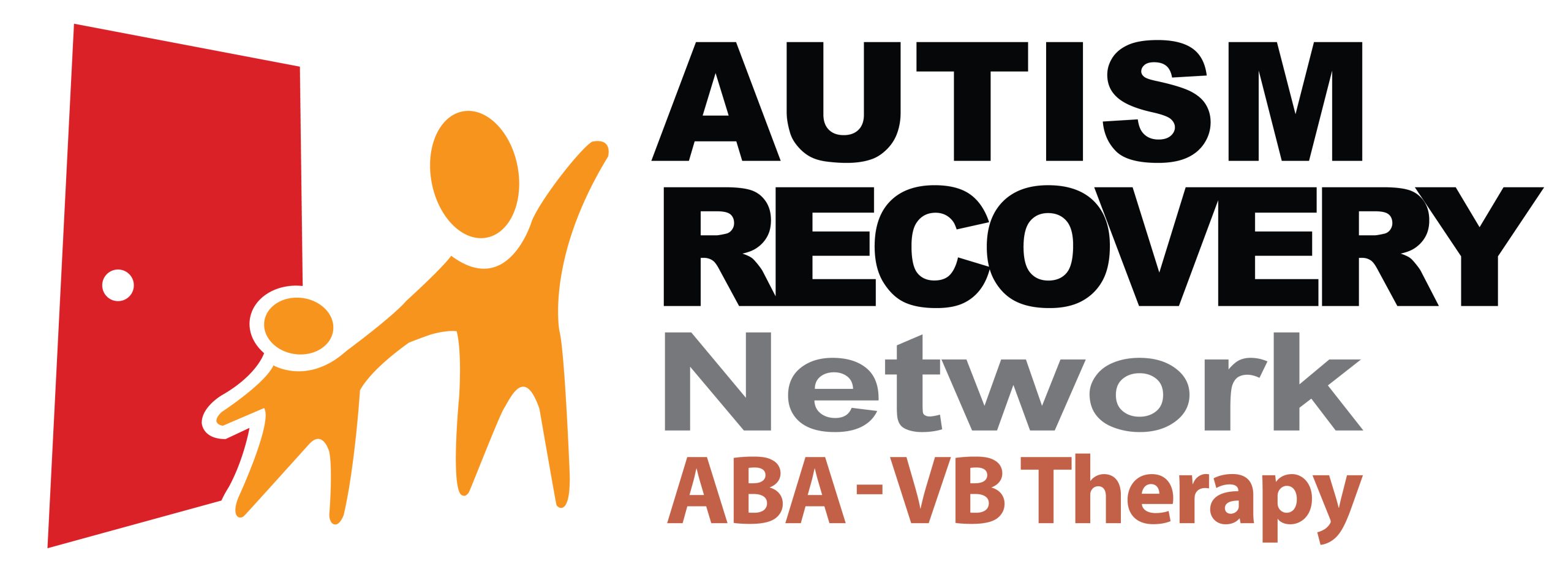Almost 80 per cent of parents whose autistic children attended an aerobics programme believed the training had improved their children’s social and communication skills, the programme’s designers have found.
The findings were released on Saturday by the team from Education University, Chinese University and Baptist University.
The training includes various games that aim to enable children to get to know each other, play and improve their physical strength together. Activities include asking children to sing the same song together before the games and asking them to run between two baskets multiple times and move a beanbag from one to the other.
“The effectiveness of the training has been significant,” said co-designer Dr Dorothy Chan Fung-ying, of Chinese University’s department of paediatrics. “We will promote this training to all kindergartens, mainstream primary schools and social welfare organisations.”
Researchers conducted two test programmes between 2013 and 2015, with 65 autistic children taking part in four-month and eight-month training courses – two one-hour sessions each week – at two special child care centres and six centres belonging to the Boys’ and Girls’ Club Association.
Designers interviewed these children’s parents using questionnaires, asking them how they thought their children had changed in different physical and mental aspects.
They found 75 per cent to 79 per cent of parents felt their children had improved in language expression, language comprehension, social and communication skills.
Between 91 per cent and 99 per cent of parents believed their children had improved in following orders, physical perseverance, muscle strength and body coordination.
“The training focuses on balance and coordination, which will strengthen the cerebellum [the hindbrain],” said co-designer Simpson Wong Wai-lap, of Baptist University’s department of education studies.
Wong said a stronger hindbrain will help to better process information, improving reading and learning skills.
Chan said the training could be easily done at home and would be effective after about four months. But parents needed to first be trained by professionals, she added, because some of the movements required in the training might cause physical damage if done incorrectly.
She said the research team would host a series of workshops about the programme in March and April for the public.
One of the parents who took part in the test programme in 2015, a 38-year-old housewife, said her seven-year-old autistic son used to have a bad temper, was scared of going up and down steps, and had trouble sleeping.
She said the boy improved from the third training session and is now getting along with others better and is more confident.
“His muscles have also strengthened a lot and he can finally sleep better,” she said. “I was really surprised that he cannot only get up and down steps, but can do rope jumping as well. I would have never dared to think about this before.”
Link to original article: http://www.scmp.com/news/hong-kong/education/article/2131880/aerobics-programme-has-big-benefits-autistic-children-hong

